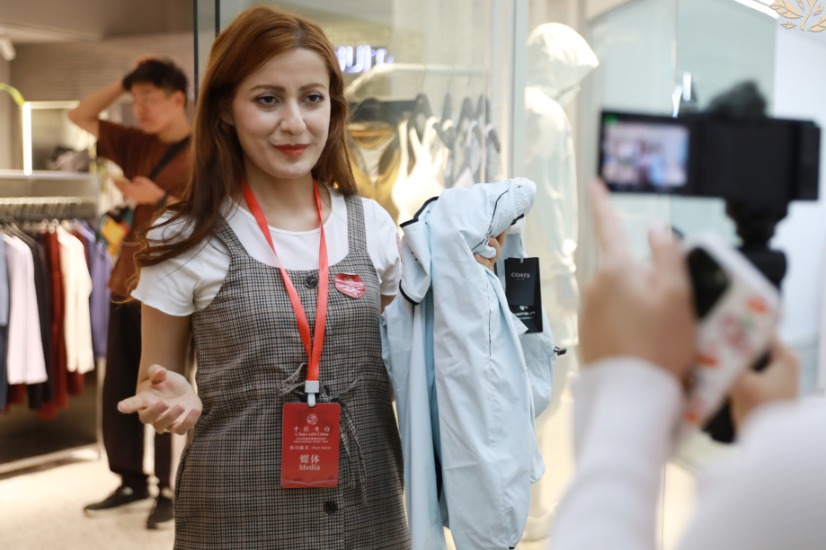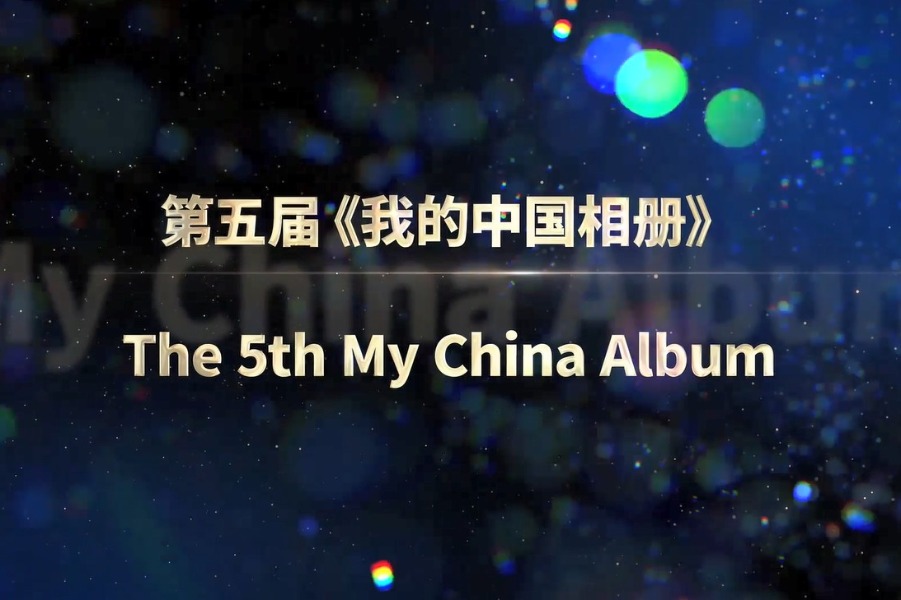Judge will hear petition for deceased son's saved sperm
By KONG WENZHENG in New York | China Daily Global | Updated: 2019-03-20 23:43

A medical expert thinks a judge will say "no" to parents who petitioned to keep their son's sperm after the 21-year-old West Point Military Academy cadet was fatally injured in a skiing accident last month.
The parents' petition to retrieve Peter Zhu's sperm was approved by a State Supreme Court judge in Westchester County about 30 miles south of the West Point on Feb 27 when Zhu was declared brain dead at Westchester Medical Center four days after he was in an accident that left him with a severely fractured spine.
On Thursday, the judge is scheduled to hold a hearing in the Zhu case on whether the parents can keep the sperm and "help Peter realize this dream of bringing a child into the world", as claimed by his China-born parents, Yongmin and Monica Zhu, in their initial filing to the court.
Besides what was cited in the parents' petition to the court, like the family's sentimental feelings of losing their only child and concerns of carrying on a family's lineage -- something especially important in the Chinese culture -- medical experts believe there are other important issues that the court will take into consideration, including many ethical ones.
Arthur Caplan is the founding director of the Medical Ethics division of the Department of Population Health at the New York University School of Medicine. He has been involved in postmortem sperm retrieval cases for more than two decades.
"It's not clear what his [Zhu's] views are. And if it comes to reproducing, normally you want to make sure you know that the person wanted to do this," Caplan told China Daily.
The Zhus claimed in their petition that "there was never any question or doubt that Peter intended to become a father" and that it was his "dying wish" to bring children into this world.
Caplan questioned whether such a claim can be considered as a confirmation of the person's will if no other evidence is presented.
"It is a little more likely that a judge would give permission if it is a wife than if it is someone else, including parents," said Caplan, who said he thinks that thus the judge will say no in this case.
James F. Smith, director of Male Reproductive Health in the Department of Urology at the University of California, San Francisco (UCSF), said that he and his department would say no to the parents' petition.
"The challenge comes when you think of how you actually use that [the sperm]," said Smith, who raised several questions, including who would carry the baby and who would raise the child.
"The way people are using that is they have to do an in-vitro fertilization. You need the sperm from him, plus you need an egg," he told China Daily.
Without Zhu having designated anyone to be the provider of the egg, the question becomes, "Did this young man want to have a baby with this woman?" said Smith.
A 2018 paper published by the Ethics Committee of the American Society for Reproductive Medicine, which Caplan said might serve as a guideline of such cases, argued that posthumous retrieval of sperm and eggs is "ethically justifiable" with written documentations from the deceased. Only requests from surviving spouse or partner should be considered in the absence of written documentation, the paper added.
The consent problem goes beyond whether or not to have a child and extends to who would raise the child, according to Smith of UCSF, who brought up a question of whether Zhu would have wanted his parents to raise his child.
For Caplan, that would raise further challenges, such as whether and how the request makers should be screened to determine their financial eligibility to raise a child, how many children they could make, and if they could give the sperm to anyone else.
There are no binding laws both domestically and internationally on this issue, according to Caplan, adding uncertainty to the case.
A suggestion provided by Caplan and the 2018 paper by the American Society for Reproductive Medicine was to add a waiting period before any further actions were taken.
"It's very difficult to make decisions when you are grieving the loss of your son [or] your husband," said Caplan, adding that the first posthumous sperm retrieval case he handled ended up with the wife waiting for six months and deciding not to use the sperm.
"I think it's important to respect everyone's culture. I also think it's important to recognize that they just lost their son and they have every right to grieve," said Smith. "On the other hand, I don't know if that's more important than this issue of where do you get the egg from, and who is going to raise the baby."
























